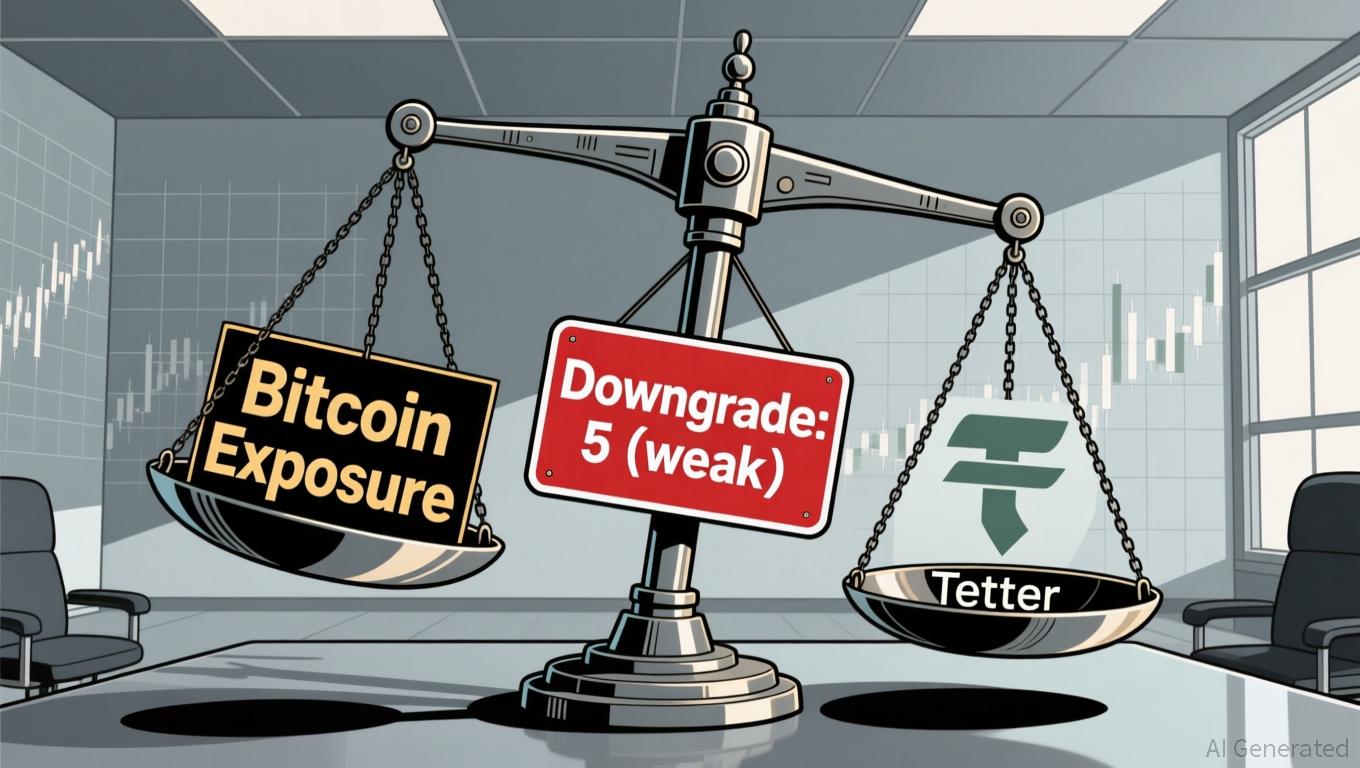Australia expands AML powers to crack down on cryptocurrency ATMs
- Australia wants to restrict cryptocurrency ATMs
- AUSTRAC gains new powers against money laundering
- Illicit use of cryptocurrencies worries Australian authorities
The Australian government is poised to grant new powers to its anti-money laundering agency to curb the illicit use of cryptocurrency ATMs. Home Affairs Minister Tony Burke announced plans to expand the authority of the Australian Transaction Reports and Analysis Centre (AUSTRAC), allowing it to restrict or even ban "high-risk products," including cryptocurrency ATMs.
According to Burke, while many Australians use these terminals legitimately, misuse remains a growing concern.
“I want AUSTRAC to have the power to restrict, or if it decides to ban, high-risk products, and to have no doubt that cryptocurrency ATMs are high-risk products,”
said the minister during a speech at the National Press Club.
Over the past six years, the number of cryptocurrency-supporting ATMs in Australia has jumped from 23 to approximately 2.000, making the country third in the world in terms of the density of these machines. Burke noted that converting physical cash into anonymous digital assets makes it difficult to track financial flows and facilitates crimes such as money laundering, fraud, and drug trafficking.
AUSTRAC stated that the government's proposed amendment "would provide the AUSTRAC CEO with additional options to mitigate money laundering risks associated with high-risk products." AUSTRAC CEO Brendan Thomas reinforced that:
“Crypto transactions are becoming integrated into money laundering methodologies, and cryptocurrency ATMs pose even more risks due to their ability to transform cash into digital currency that can be sent instantly and virtually anonymously around the world.”
The move brings Australia into line with other jurisdictions that have also stepped up oversight of cryptocurrency terminals. In July, New Zealand announced plans to completely ban these devices as part of its anti-money laundering reforms. In the United States, the state of Illinois passed a law in August requiring cryptocurrency kiosk and ATM operators to register with state regulators and maintain live customer support.
Disclaimer: The content of this article solely reflects the author's opinion and does not represent the platform in any capacity. This article is not intended to serve as a reference for making investment decisions.
You may also like
South Korea's Cryptocurrency Reform: Will New Regulations Enhance Confidence While Preserving Innovation?
- South Korea's National Assembly plans to enforce strict VASP regulations requiring criminal record checks for all major shareholders, including foreign investors. - The law mandates re-evaluation of existing VASPs, creating compliance challenges for smaller firms with complex ownership structures. - By extending oversight to global criminal records, the reform sets a potential international precedent and could reshape cross-border crypto investments. - While critics warn of stifled innovation, proponents

Bitcoin News Update: Tether’s Risky Asset Holdings Challenge Stablecoin Reliability
- S&P Global downgrades Tether's USDT to "5 (weak)" due to high-risk reserves and transparency gaps. - Tether's 5.6% Bitcoin exposure exceeds S&P's 3.9% overcollateralization threshold, risking undercollateralization if prices fall. - Tether defends practices with quarterly audits and $10B 2025 profit, dismissing the downgrade as outdated. - Recent crypto market turmoil and past stablecoin collapses highlight risks in opaque reserve management. - Tether's resilience amid crises contrasts with S&P's warning

Elon Musk's SpaceX moves 1,163 Bitcoin worth $105M

Trending news
MoreBitget Daily Digest (Nov 27) | Initial jobless claims for the week ending November 22 came in at 216,000; Nasdaq ISE proposes raising the IBIT option position limit to 1 million contracts; S&P Global downgrades USDT stability rating to the lowest tier, warning of Bitcoin exposure risks
South Korea's Cryptocurrency Reform: Will New Regulations Enhance Confidence While Preserving Innovation?
